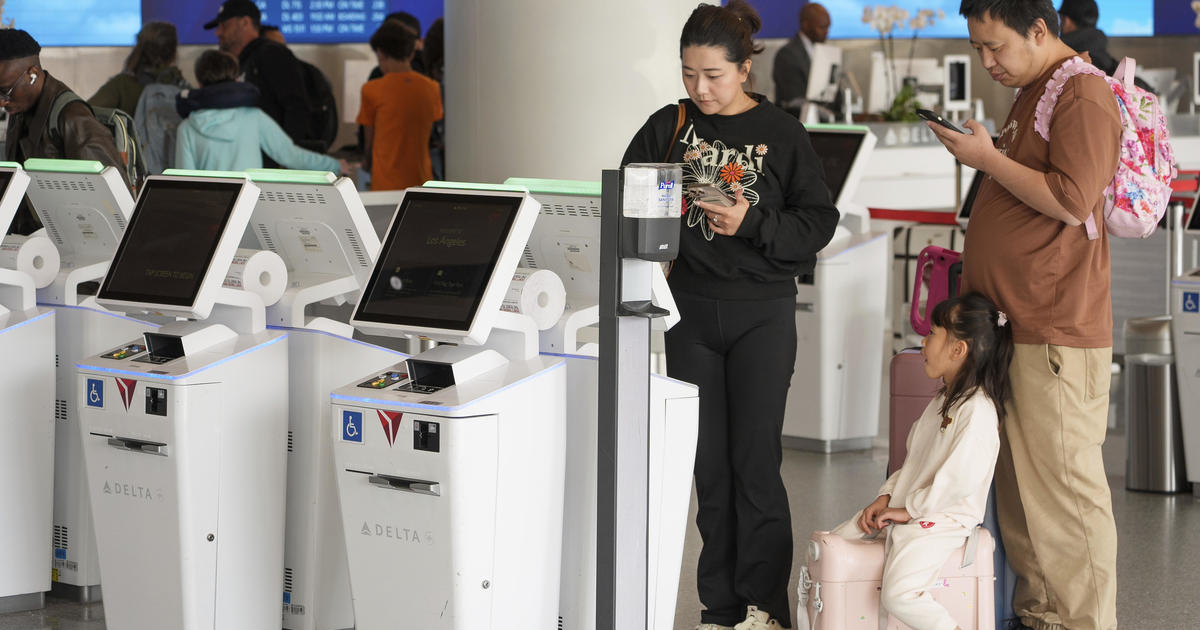A recent hearing on Capitol Hill brought officials from some of the largest U.S. airlines under intense scrutiny regarding the so-called “junk fees” that passengers are being charged for various services such as baggage handling and seat selection. The Senate Permanent Subcommittee on Investigations conducted the hearing to examine the impact of these charges on consumers, with Senator Richard Blumenthal leading the discussion.
During the hearing, Senator Blumenthal revealed some alarming figures, stating that in 2023 alone, American, Delta, United, Frontier, and Spirit Airlines collectively collected over $3 billion in seat fees. This staggering amount represented a 50% increase from just six years prior in 2018. The total seat fees collected by these five airlines between 2018 and 2023 amounted to a whopping $12.4 billion, in addition to other charges like baggage fees.
Representatives from each airline were present at the hearing to address the concerns raised by the subcommittee. Steve Johnson from American Airlines, Peter Carter from Delta Air Lines, Andrew Nocella from United Airlines, Robert Schroeter from Frontier Airlines, and Matthew Klein from Spirit Airlines all took the stand to provide their perspective on the issue.
One of the key points of contention during the hearing was the practice of incentivizing gate employees to enforce strict baggage policies, particularly at Frontier and Spirit Airlines. Senator Josh Hawley criticized these airlines for paying out bonuses totaling $26 million to employees for charging customers extra fees for large carry-on bags. He highlighted the negative experiences that passengers often face when flying on these airlines, describing it as a “disaster” and a “terrible experience.”
Spirit Airlines, in particular, came under fire for charging between $15 and $77 for carry-on bags that do not fit under a seat. The airline defended its fee policies by stating that they offer transparent options for passengers to choose their preferred travel experiences at different price points. Frontier Airlines also defended its incentive program, emphasizing the importance of treating all customers equally and fairly.
When asked about the subcommittee’s findings, United CEO Scott Kirby expressed a commitment to providing customers with options and ensuring that they only pay for the services they use. He emphasized the importance of customer choice and stated that United is focused on creating a positive flying experience for its passengers.
The issue of airline fees has been a topic of discussion at the highest levels of government, with the Biden administration taking steps to address consumer concerns. A Transportation Department rule that came into effect in October mandates automatic refunds for canceled or significantly delayed flights and requires airlines to disclose fees upfront. However, the airline industry has pushed back against regulations that would require more prominent disclosure of baggage and cancellation fees, with an appeals court blocking this rule.
As the debate over airline fees continues, passengers are increasingly vocal about the impact these charges have on their overall travel experience. The hearing on Capitol Hill shed light on the practices of major U.S. airlines and raised important questions about transparency, fairness, and consumer rights in the aviation industry. It remains to be seen how the industry will respond to these concerns and whether further regulations will be implemented to address the issue of “junk fees” in air travel.









